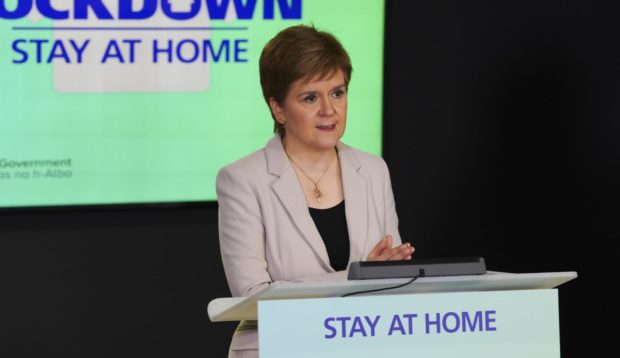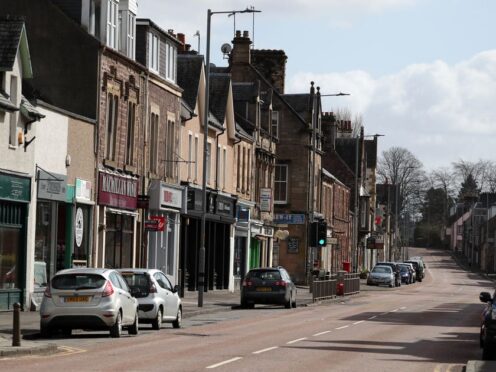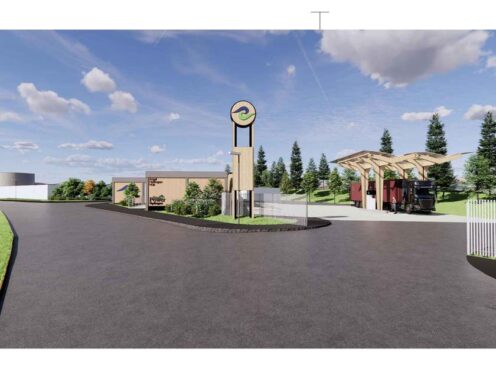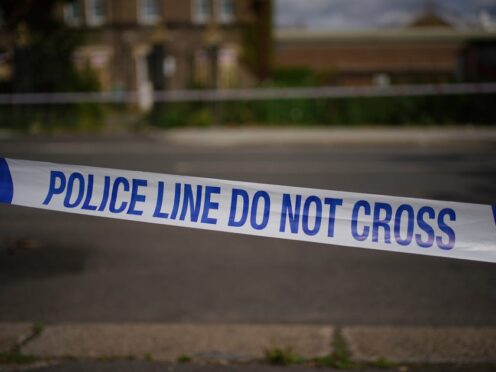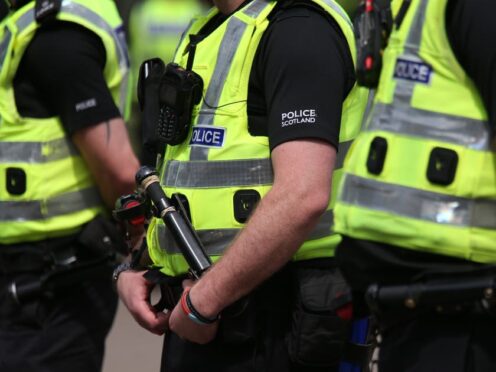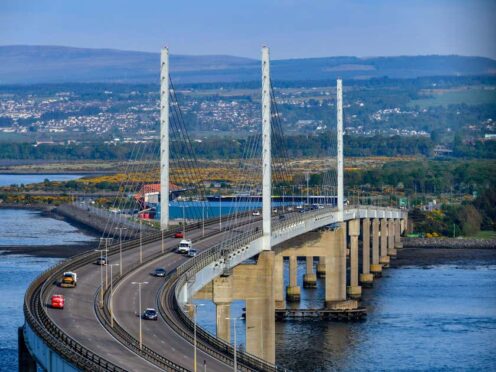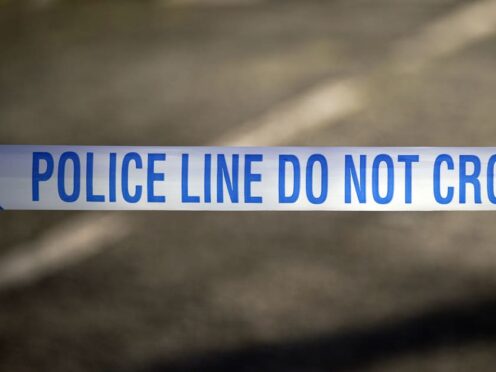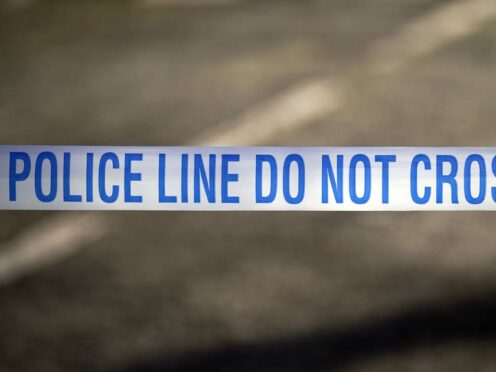Hundreds of Scottish church leaders are piling the pressure on Nicola Sturgeon to lift the ban on public worship, warning it “may be unlawful”.
Scotland stands alone in the UK in what they say is the criminalisation of church attendance under Covid restrictions.
Now 200 of the country’s church leaders have signed an open letter to the first minister expressing their “profound concern” and calling for an urgent re-think.
The Scottish Government says there is evidence of transmission within places of worship.
But the Scottish clerics have been supported by 300 church leaders from throughout the rest of the UK who have added their names to the letter.
The initiative has been coordinated by ministers of some of the largest churches in Scotland, including Rev Paul Rees of Charlotte Chapel in Edinburgh, which has a congregation of 700, and Rev Dr William Philip of the Tron Church in Glasgow, which has 500 worshippers.
In a heartfelt plea to Ms Sturgeon the letter states: “We urge you not to be the government which denies our nation the collective prayer of the churches of our land in days when it is most greatly needed.”
The ministers write that the UK government heeded powerful arguments from the leaders of the Church of England, the Catholic church and other faith groups who wrote to the prime minister in November last year saying “public worship is essential to millions”.
Even during recent tough new lockdown rules, the Westminster government has continued to permit public worship.
The letter continues: “We strongly disagree with the decision to prevent the gathering of the Church at this time, which we believe is profoundly unhelpful and may be unlawful.”
It points out that Article 9 of the European Convention of Human Rights prohibits governments from interfering with religious practice unless demonstrated as essential for public health.
This would require clear scientific proof that church services were significant in spreading the disease.
The letter continues: “We know of no evidence of any tangible contribution to community transmission through churches in Scotland.
“On the contrary, since churches re-opened in July we have demonstrated that places of worship and public worship can be made safe from Covid transmission.
“It is for such reasons that legal challenges in other jurisdictions have overturned prohibitions of the freedom to gather for worship.
“However, above all we are dismayed because there seems to be a failure in the Scottish Government to understand that Christian worship is an essential public service, and especially vital to our nation in a time of crisis.”
A Scottish Government spokeswoman said: “We know how tough this decision will be for many people.
“However we must take action across society to stop the virus spreading further, so we can protect public health and save lives.
“This virus can spread anywhere that there is close human contact – without exception.
“Test and Protect tells us where people were in their 48-hour infectious period.
“So we know that on one day last week the seven-day number for places of worship was 120 and data from yesterday (Monday) shows the seven-day number for places of worship is 38, underlining the essential decision to require places of worship to close for public health reasons.”
A spokesperson for the Church of Scotland said: “We accept the latest Covid pandemic restrictions mean we have to close churches again at a time when everyone is being encouraged to stay at home.
“This is one way that we can contribute to suppressing the virus.
“At the same time we recognise that communal worship is an essential element of our faith.
“We will work closely with the Scottish Government to ensure that reopening churches will happen as soon as it can be done safely.
